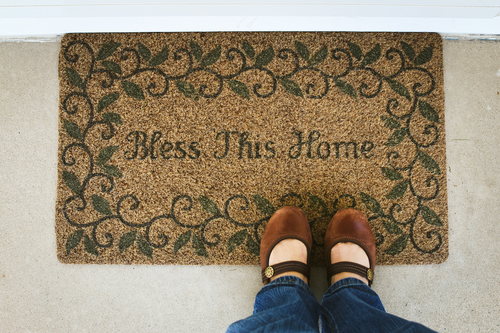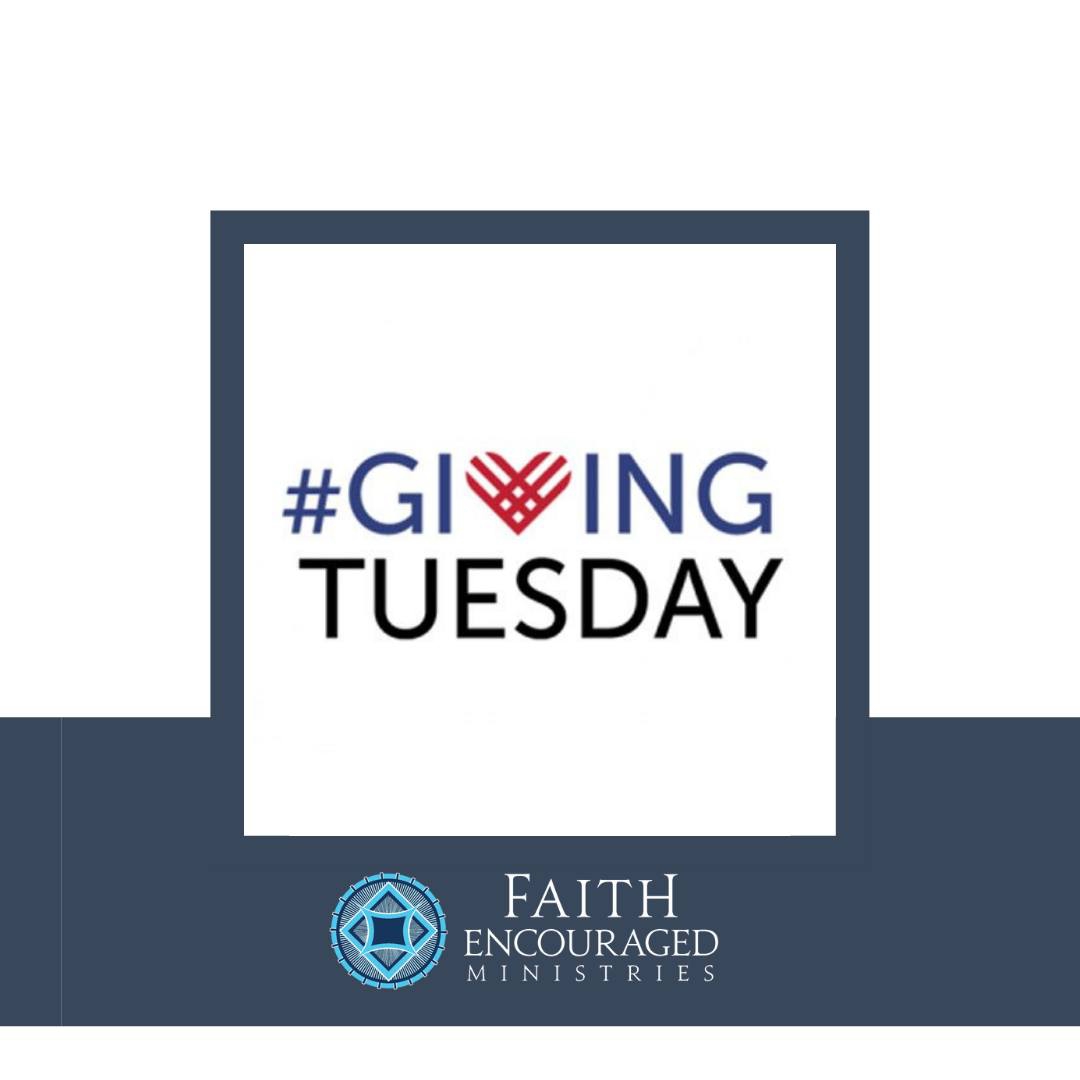
“Count your blessings, name them one by one. Count your many blessings, see what God has done.” All through my life I’ve heard that we should “count” our blessings. If we would do this, we would be protected against falling into the “pit of despair” and we would be encouraged by how much we have in our lives.
I guess that’s why I love the Orthodox wisdom of “nepsis” (wakefulness). This encouraging toward wakefulness and the accompanying spiritual disciplines meant to help us stay awake is my deepest spiritual need AND my greatest spiritual stumbling block. For me, this is where the rubber meets the road in my own spiritual labors.
Look at our lesson today in Matthew 11:20-26:
At that time, Jesus began to upbraid the cities where most of his mighty works had been done, because they did not repent. “Woe to you, Chorazin! woe to you, Bethsaida! for if the mighty works done in you had been done in Tyre and Sidon, they would have repented long ago in sackcloth and ashes. But I tell you, it shall be more tolerable on the day of judgment for Tyre and Sidon than for you. And you, Capernaum, will you be exalted to heaven? You shall be brought down to Hades. For if the mighty works done in you had been done in Sodom, it would have remained until this day. But I tell you that it shall be more tolerable on the day of judgment for the land of Sodom than for you.” At that time Jesus declared, “I thank you, Father, Lord of heaven and earth, that you have hidden these things from the wise and understanding and revealed them to babes; yea, Father, so it was well pleasing before you.”
Our Lord Jesus is doing what He does several times in the Gospels; He uses the word “woe.” It isn’t meant to be pleasant or comforting or even “nice.” It is a rebuke and a jarring wake up call to a people so blessed with spiritual gifts and, at the same time, so spiritually asleep to what those gifts are supposed to produce in their lives that they fall under the stern and unyielding rebuke of the Theanthropos – the God-man.
The three Jewish cities the Lord mentions: Chorazin, Bethsaida, and Capernaum, are all cities a little North of the Sea of Galilee. The three Gentile, or pagan, cities the Lord mentions are all famous in antiquity for their evil citizens and repeated prophetic judgments against them: Tyre, Sidon, and Sodom.
The message of the Lord is unmistakable. If His works and miracles had been done in these evil cities, they would have responded as all of us should respond to God’s direct actions in our lives; with repentance (metania) and humility. But the Jewish cities that prided themselves on their piety are sound asleep in their souls to the real purpose of their blessings. How much like us! We foolishly believe God blesses us for our comfort when the purpose of our blessings is for our humility and repentance. But we stay “dark” in the slumber of what the fathers called “prelest” (spiritual pride) and think that God blesses us with all He does because of our worthiness or our “good works.”
When the reality is, He is blessing us to wake us up. In fact, we will know we’ve turned the corner in our souls toward real spiritual maturity when we count even troubles, slander, mistreatment, and even persecution as “blessings” given to us by God for our repentance and humility.
But the spiritual tools given to us by centuries of the Holy Spirit forming the character of Jesus in the lives of the saints lie at our feet just waiting for our souls to awaken to the multitude of spiritual treasures lavished upon us. Spiritual tools like Prayer, Fasting, and Almsgiving. All meant to awaken us to our true selves and shape within us the character of Jesus Christ. This is the very heart of “metania” repentance. The gift of repentance is to be awake, without fear or shame, to the desperate need of your own soul. And then to realize that this metania takes you to the place of perpetual forgiveness and humility.
Today, yes, count your blessings, but don’t do it to merely comfort yourself or others. Count your blessings to “wake up” to a lifestyle of repentance and humility. In other words, be Orthodox on Purpose!

